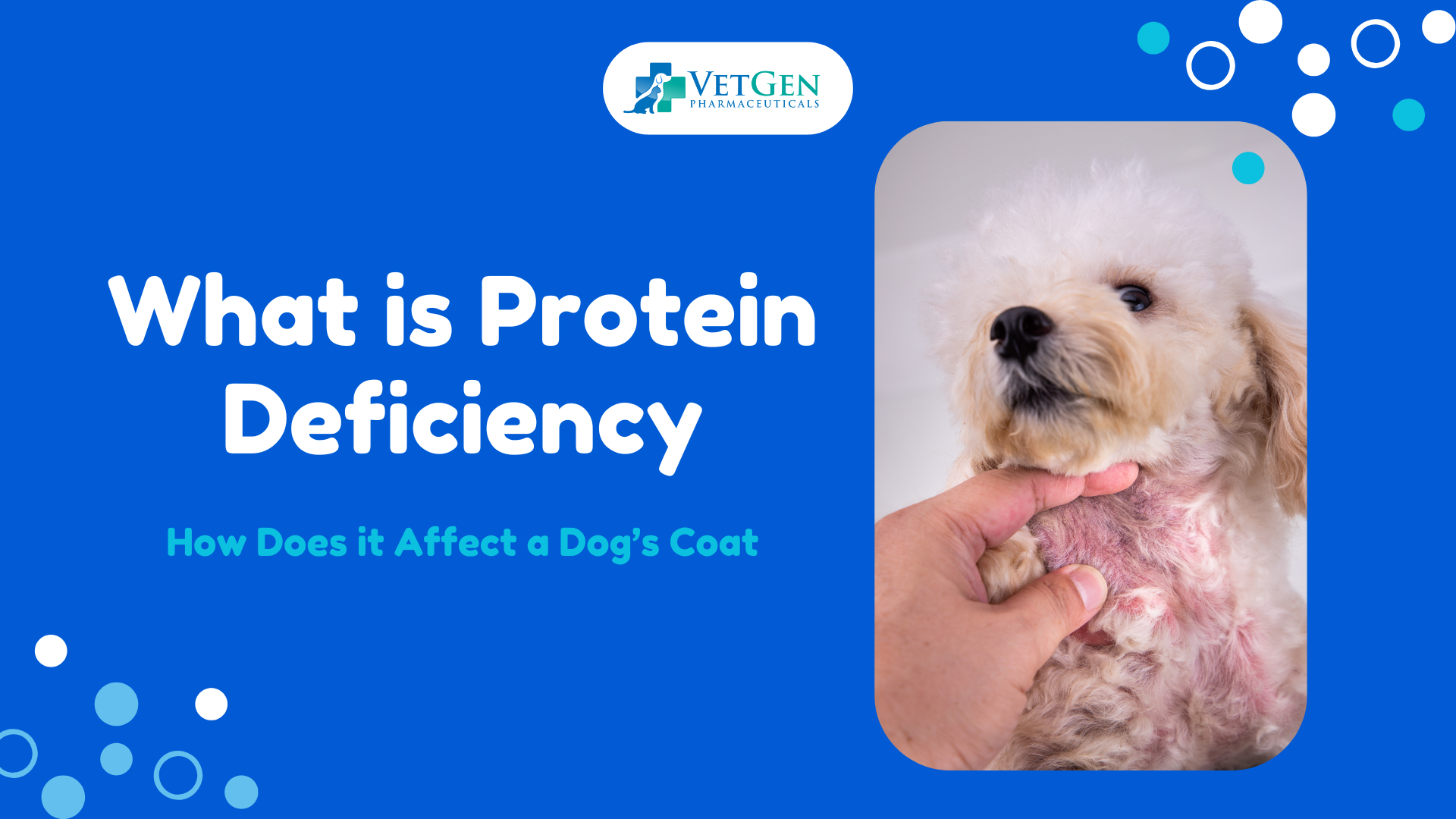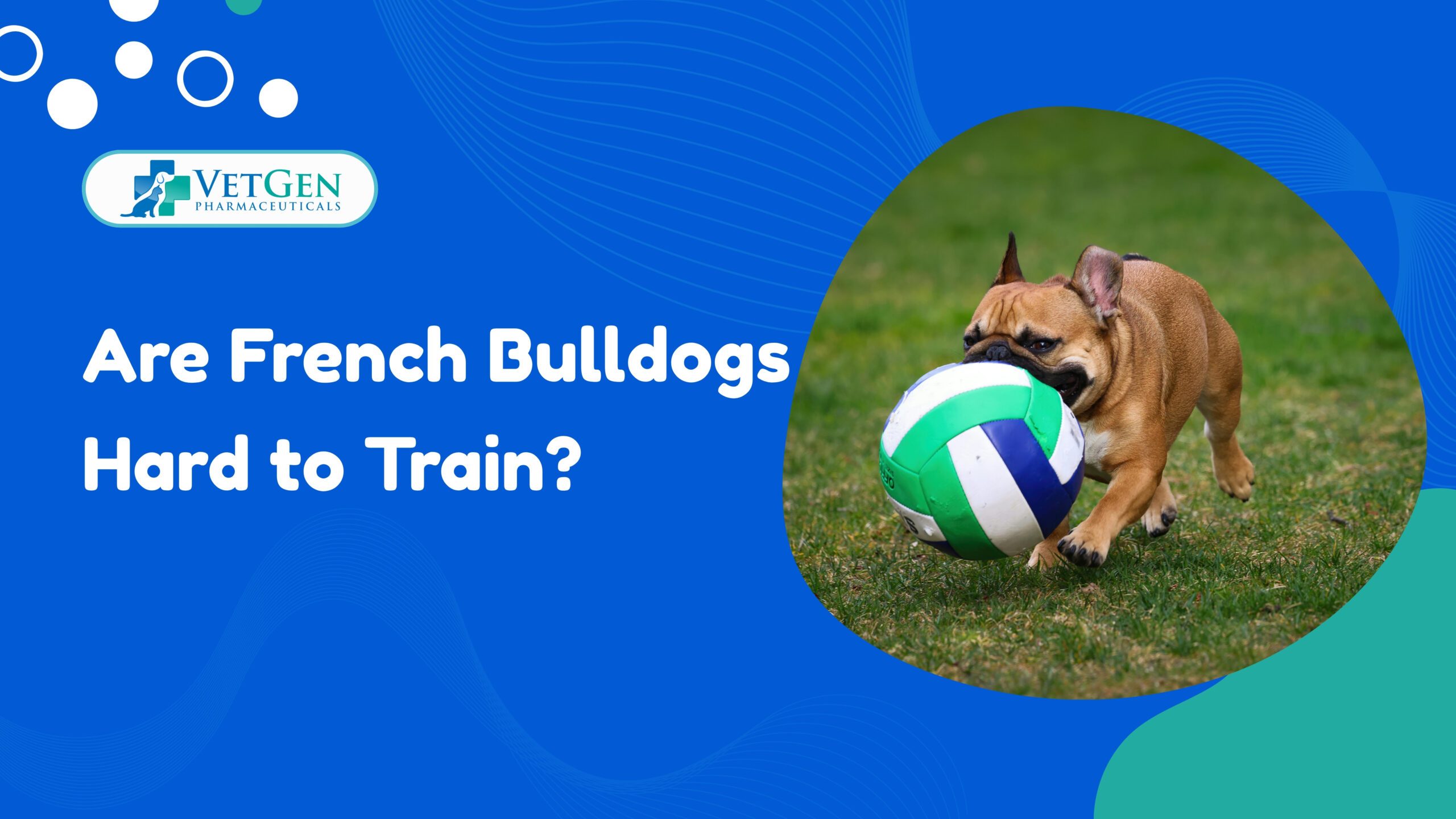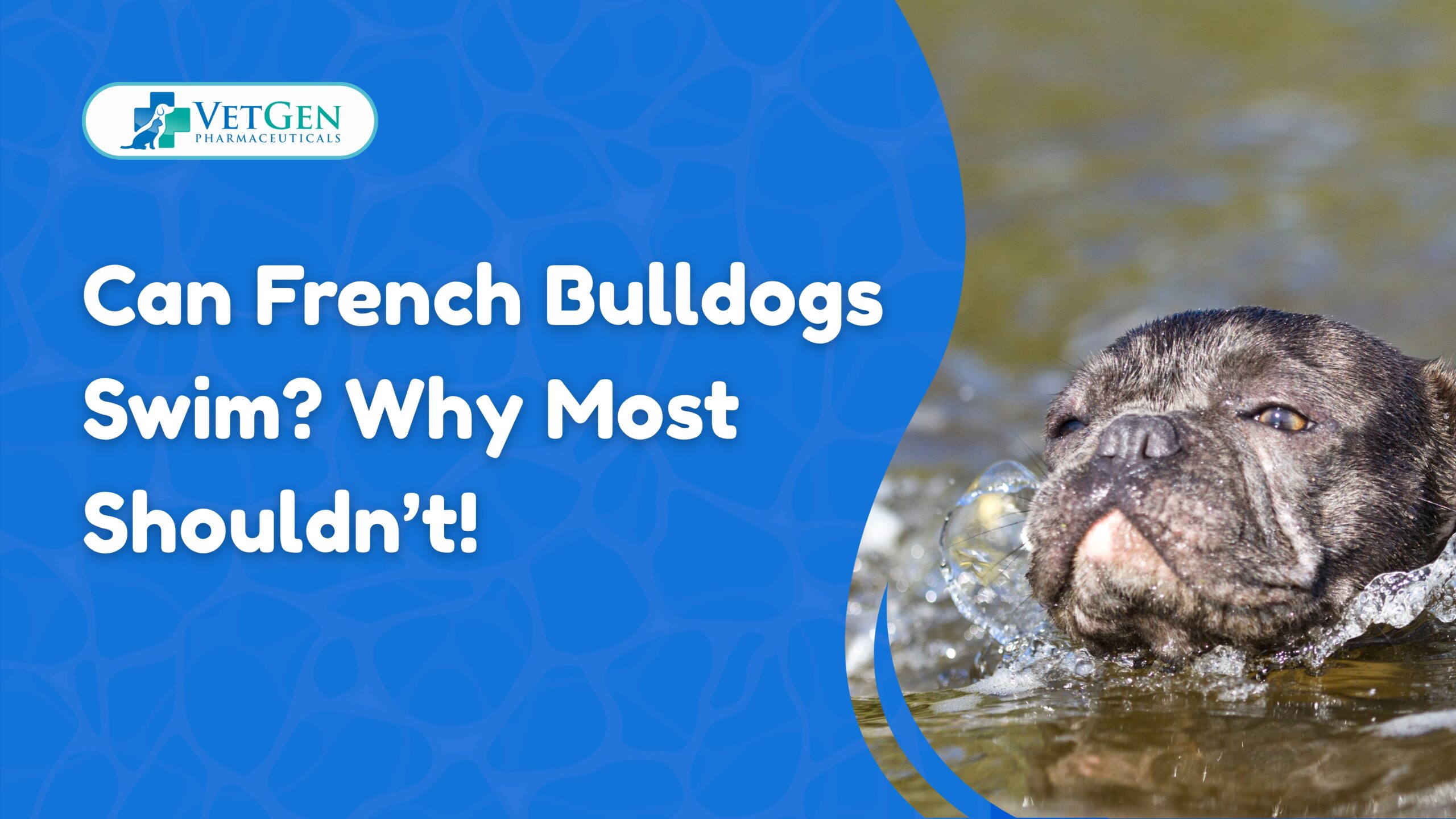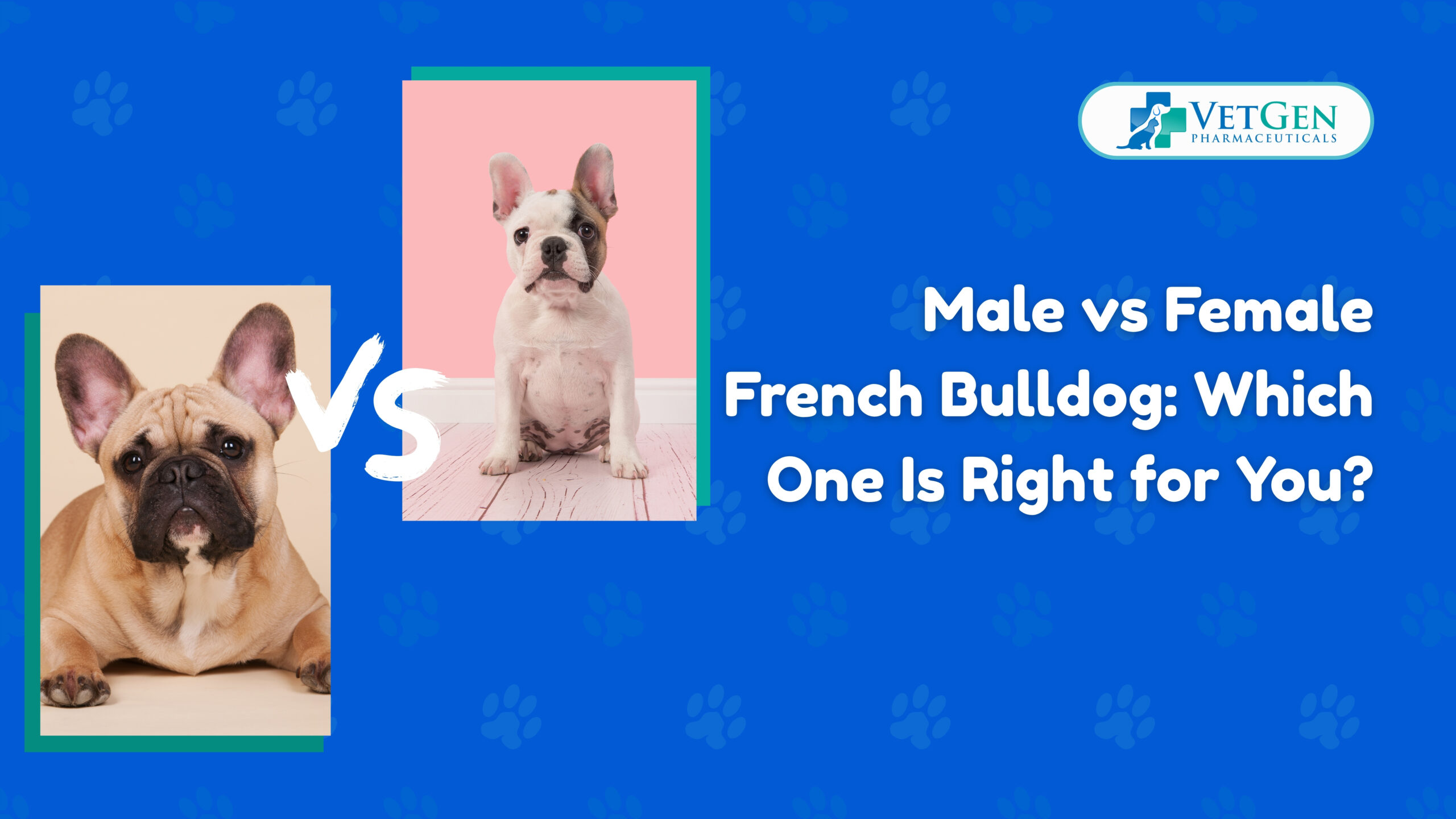What is Protein Deficiency in Dogs?
This is a good question for dog owners. Unlike cats, dogs aren’t obligate carnivores.
However, they do need protein. It is essential for many body systems as well as necessary for a healthy, shiny coat.
Protein deficiency can rob the dog of this glow and compromise their health.
Many things can cause protein deficiency and related problems.
The most common are found when there are difficulties in the intestines.
There can also be problems with the quality of the protein and/or fat found in the diet.
Stray dogs often face this problem as their sources of food tend to be scarce.
Most of us have seen videos of the poor dogs being rescued, fed, cleaned up and socialized.
Those videos only cover a fraction of the dogs that have this problem.
Solution
Naturally, the first step is to find out what the problem is. The vet will be able to determine that, especially if it is an intestinal problem.
Infections, parasites and other woes can lead to this, and it may take medication to get the dog on the road to recovery.
That doesn’t mean that the dog’s owner has nothing to do.
Supplements can help remedy the lost shine of a dog’s coat and help it to regain its strength.
However, the supplements have to be chosen wisely. Just as some pet foods contain inferior protein and fat, some supplements don’t quite come up to snuff.
You have to look hard to find the best dog supplement for a healthy coat and skin.
There is more to the solution of protein deficiency in our canine friends.
Bargain basement food is often not just lacking in quality protein; it is also lacking in the other nutrients our dogs need to stay healthy and to have a great coat and skin that isn’t itchy and dry.
A good quality supplement will answer these needs.
To be high quality, the supplement should be made from actual food, not chemicals.
A dog (or human) body can absorb the nutrients better if it is found from a food source. This is called available nutrition, and is highly important.
What is a High Quality Supplement?
At VetGen Pharmaceuticals, we make one of the best supplements on the market for this purpose.
There are many positives about this company. One of them is that the laboratory used to produce their supplements is USFDA approved.
That means it is inspected on a regular basis and has to follow all of the standards and protocols of a lab used to make human grade supplements and/or medications.
The company also sources the nutrients for the supplements from food… and high quality food at that.
Keep in mind that some pet food companies are allowed to source their food from animals and animal parts that humans wouldn’t touch.
In some countries, roadkill is one of the sources. This is not true of VetGen’s Maximum Skin and Coat supplement. They use human grade foods.
So what foods are in these products?
Let’s start with the protein. As most people know, salmon is a great source of protein. It’s low in LDL cholesterol and high in HDL cholesterol.
While it is a fatty fish, it is still considered low fat.
All of the health benefits that come from eating salmon are the same in our canine friends as it is in us.
If you want to have the “highest biological standard” for protein, look no further than the humble egg, another ingredient in the supplement.
This information comes courtesy of Webmd.com, although it is aimed at human nutrition.
Eggs – contain more than protein, however. Cooked eggs contain a great deal of biotin, a B vitamin necessary for a shiny coat and soft, smooth skin on our canine companions.
There are other vitamins and minerals in eggs, and they are now considered healthy to enjoy again.
While the idea of a dog eating an orange is somewhat silly, oranges are high in Vitamin C.
The inclusion of dehydrated orange is wise, as this vitamin is also necessary for healthy skin and coat.
This vitamin is also useful in many other ways; including helping the immune system of the dog.
If you have ever looked at the shampoo bottles lining grocery store shelves, you may notice that many of them tout the Vitamin E content in them.
There are also many ads for Vitamin E supplements to be taken internally for a variety of reasons. There are good reasons for both.
Vitamin E – can improve both skin and hair when applied topically. However, when it is taken internally, it is even more beneficial.
Dogs can have problems with free radicals just like humans can.
These free radicals can cause many different problems, including inflammation, reduced immune function and even cause some types of cancer.
They can also mess up the cardiovascular system, causing canine heart disease.
Vitamin E is actually a group of a type of vitamins that are fat soluble.
This means that in order for the body to use them… both canine and human… fat need to be consumed with them.
That is why most Vitamin E products are based on oil. This provides the fat so extra isn’t necessary.
Placing the oil in a supplement can make it work even better; this supplement already has healthy fats in it from the salmon and the eggs.
The dog can digest the vitamin and it will do its job properly, promoting health and vitality to the animal.
There are many other items in the VetGen supplement that promote health and well-being for your animal companion.
Dark leafy greens can help boost the vitamin and mineral content.
The salmon also gives the supplement a supply of alpha-linoleic acid as part of the omega-3 fatty acid content.
When looking for a good supplement for your pet, VetGen is the place to go. Their products are top quality and made with the same loving care that you would put into them.
However, they are also made by professionals who know what your dog needs and how to deliver it so that your companion can stay with you for a full doggy lifetime. They make the best skin and coat supplements for dogs.
References
https://www.medicalnewstoday.com/articles/318168#Vitamin-E-oil-the-basics
https://www.petmd.com/dog/conditions/digestive/c_dg_protein_losing_enteropathy
https://vcahospitals.com/know-your-pet/nutrition-skin-and-dogs
https://www.webmd.com/diet/features/good-eggs-for-nutrition-theyre-hard-to-beat#1






